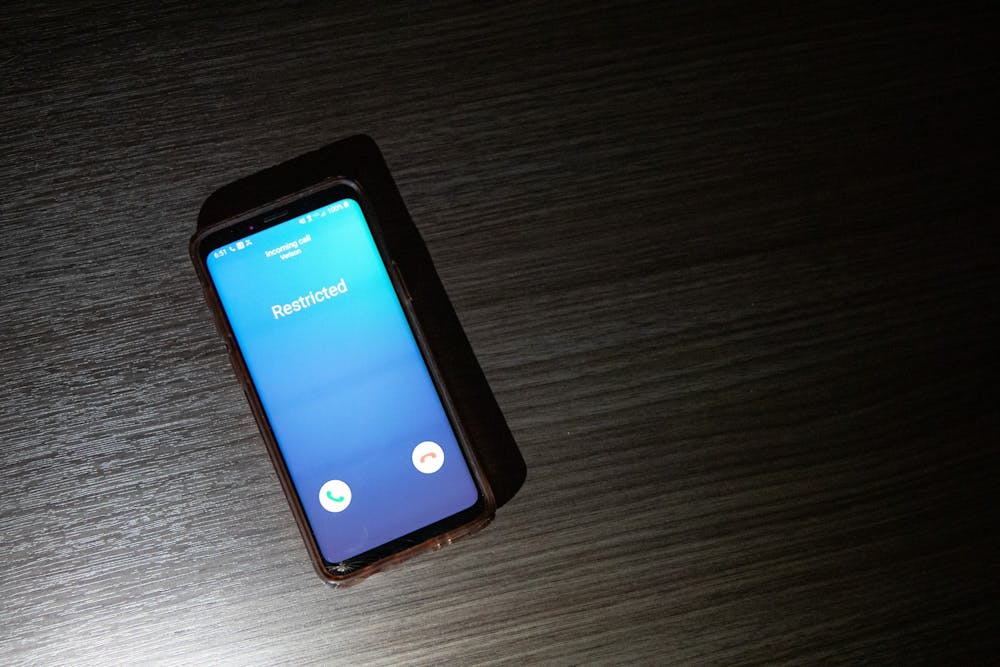As a result of the COVID-19 pandemic, visitations to many prisons and jails are no longer permitted. The only form of communication these inmates have left to remain connected with their family is through phone calls.
Private prisons house 8.2% of the incarcerated population, and that number has continued to decrease. However, the use of private prisons varies greatly depending on the state. Even though the private prison population makes up a small fraction of the overall prison population, all inmates are likely affected by private prison companies through the services they provide to other facilities.
Several prisons and jails in the U.S. provide phone services through contracts with private prison companies. Global Tel Link and Securus Technologies are the two major companies that provide these services. The prison telecommunication industry is worth approximately $1.2 billion and remains largely unregulated.
In Indiana, at least one jail charges $12 or more for a 15-minute phone call. In some states this rate can be as high as $25 for a 15-minute call.
Because of these unregulated and expensive phone rates, one in three families go into debt just to keep in touch with their incarcerated loved ones. Paired with the economic instability of the current pandemic, this will most likely exacerbate this issue as 50% of families with an incarcerated family member already struggled to pay for housing and food. This enables these companies to profit off of families while also providing an additional stream of profit for the respective state. This also disincentivizes states from regulating phone rates because of the enormous profit they make from these contracts.
These prices often break contact between families and their incarcerated loved ones. This has an effect on recidivism rates because those who are able to maintain contact with families are more likely to successfully reintegrate upon their release.
In 2013, the Federal Communications Commission set caps on interstate calls at 21 cents per minute. They extended this to in-state calls in 2015 which make up about 80% of all prison phone calls. In 2017, the FCC was sued by these prison phone companies and they were ruled to have overstepped their authority. Since intrastate calls represent a majority of prison phone calls, the FCC’s authority over these calls is very limited which allows these companies to easily exploit families and those that are incarcerated.
The second economic stimulus bill could have consequences for prison phone rates. A group of Senate Democrats supported a provision to make video and phone calls free in federal prisons. However, there are still major drawbacks as this would only apply to the duration of the COVID-19 pandemic. Additionally, if this only applies to federal institutions which only account for 226,000 inmates, it is leaving out 1,291,000 state prisoners and 631,000 that are in jail. Within the jail population, 470,000 people have not even been convicted of a crime.
In July, the FCC proposed a new rule that would set a cap of 14 cents per minute for prisons and 16 cents per minute for jails in interstate calls. However, this rule only affects interstate calls. FCC Chairman Ajit Pai has been fighting for the agency to be given greater authority over intrastate calls in order to regulate the private prison industry.
Phone justice is a complex issue that is connected to other issues of the criminal justice system. It is ethically and morally wrong for states and companies to be profiting off of families and those that are incarcerated who are already struggling. Along with several other social issues, the coronavirus is only further exposing the cracks in our systems and the dire need for reform in our country.
Alex Petit (she/her) is a senior studying marketing and creative technologies in art and design. She hopes to pursue a career that has relevance to criminal justice reform or urban city planning.






